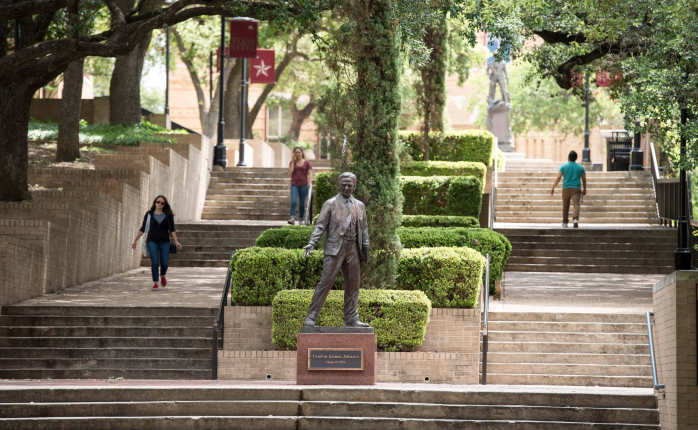Money is not merely a goal in itself, but a powerful tool that acts as social energy to change people’s lives. This article explores how, in 1927, future U.S. President Lyndon B. Johnson was able to change his life with a small amount of $81. We will examine how this small event influenced history and how money can go beyond being just currency.

Lyndon B. Johnson’s College Years
In 1927, Lyndon B. Johnson faced the crisis of dropping out of college. At the time, he was attending Texas State Teachers College but could not continue due to financial difficulties. He wrote a letter to his friend Ben Crider, explaining that he owed $4,500 and needed help. The possibility of Johnson dropping out of school because he couldn’t pay off his debts was a threat to his dreams.
Eventually, Johnson wrote to Crider for help. Crider tried to arrange a job for Johnson. However, Crider made a better decision than that.
Ben Crider’s Decision
Instead of simply offering Johnson a job, Ben Crider decided to send him money he had saved. The $81 he withdrew from the bank (about $1,464 in today’s value) gave Johnson both financial freedom and the opportunity to pay for the next semester. Thanks to this money, Johnson was able to continue his education and later become a significant figure in history.
This decision was not just about financial assistance; it was built on the foundation of friendship and trust between the two. Ben Crider cared about his friend’s future and supported him in making better choices. Crider’s actions go beyond monetary support, demonstrating the true role of money as social energy.
Money is Social Energy
Money holds meaning beyond physical currency. It connects people, and when shared with the right person at the right time, that energy can have a much more significant impact. The case of Lyndon B. Johnson clearly illustrates this.
While saving and accumulating money is important, the moment when greater social value is created is when it’s invested in others. Thanks to Ben Crider, Johnson could continue his education, which later played a critical role in his political career and U.S. history.
Conclusion: The Value of Sharing Money
The story of Lyndon B. Johnson and Ben Crider shows that money is more than just currency; it’s a tool that can change people’s lives. Even a small amount of money at the right time had a tremendous impact not only on Johnson’s life but also on history. Through this story, we can reaffirm the value of money as social energy, not just an economic resource.
Even now, our small donations or assistance can provide someone with a chance at a better future. Sharing money is not just an economic act; it can change lives and make the world a better place.
Reference: Frederik Gieschen, “How Eighty-One Dollars Made Lyndon Johnson”
